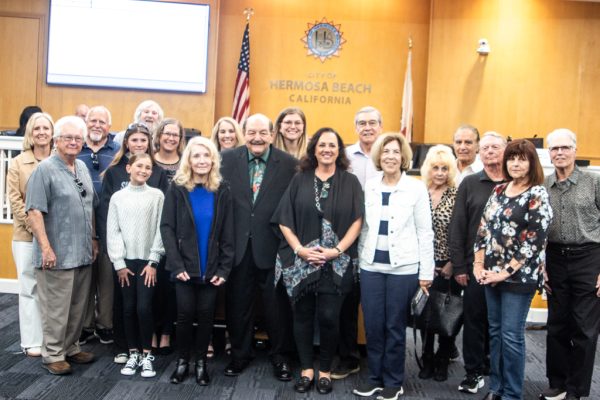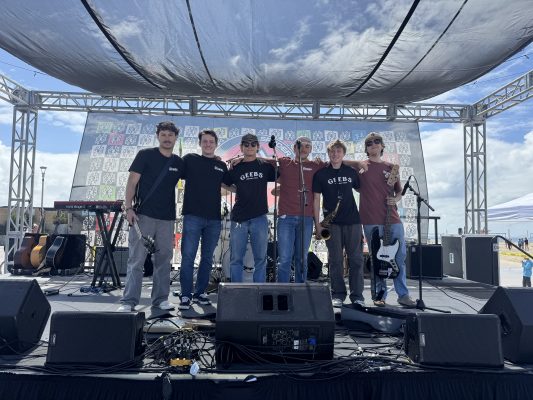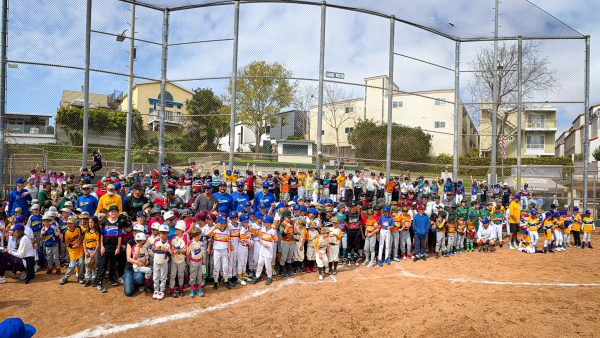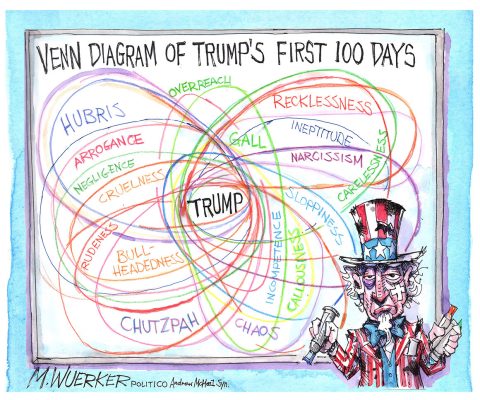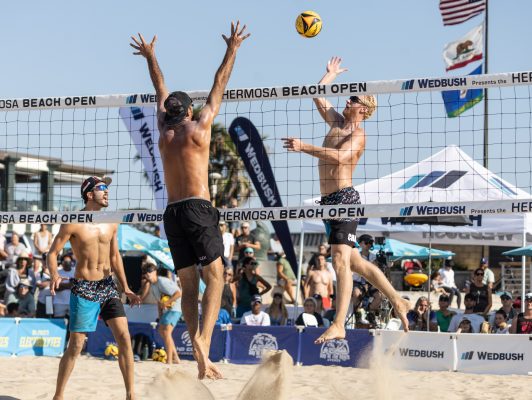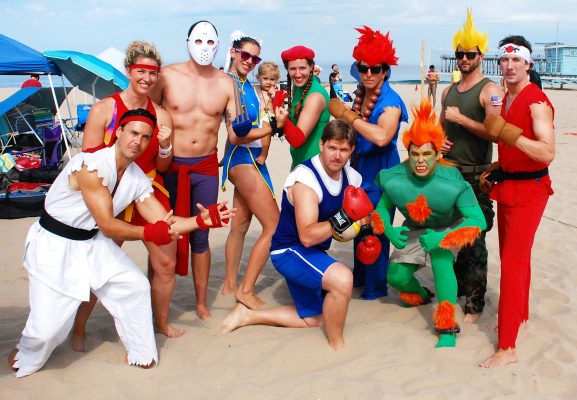Main player
Lissner, 66, has become a central figure in Hermosa’s fight between the right to do business and enjoy a drink, or sometimes a few, and the right to enjoy peace and quiet in neighborhoods pushed up tightly against the nightlife areas, especially near the downtown seaside. And now the forces that complain that the city is oversaturated with alcohol service are buttressed by a county report tying densely-packed alcohol outlets to violent crime.
For the past couple of decades Lissner has routinely challenged applications for liquor licenses in Hermosa. He has never stopped a license from being granted, but he has delayed the inevitable approvals, and in at least one case he successfully modified the terms of a license that was granted.
Lissner also successfully challenged expansion plans by Sharkeez restaurant, a popular nightspot on the downtown Pier Plaza, in a battle that saw competing signature-gatherers chase each other through Hermosa neighborhoods, and a majority of the old City Council side against Lissner, before finally backing down.

Lissner also qualified an initiative for last November’s ballot that would have raised taxes astronomically on some Hermosa nightspots, before having second thoughts and publicly opposing the initiative, which went down in flames.
Lissner got some credit – or blame – for the final shape of a competing ballot measure, backed by City Hall, which led to more moderate tax increases on some nightspots. But he also made a striking public about-face, using the ballot argument in favor of the initiative to ask Hermosans to vote no.
“The most telling part of that whole ballot measure is that the five City Council members were unanimous in their disgust for that measure. I’ve never seen a council member go on the record more strongly opposed to anything, and all five of them were,” said Seth Weiss, managing partner of the Underground bar. “He was basically neutered in public by those guys. I don’t see anybody ever taking him seriously again. And I’m frankly shocked anybody took him seriously to begin with.”
Lissner’s liquor license challenges draw frequent grumbles from businesspeople.
“It’s crazy,” said Kevin Franklin, a liquor license expeditor who works for the applicants, after working for the ABC through the 1980s.
“He protests everything, but he’s never won a case,” said Franklin, owner of All Beverages Inc. with an office in downtownLos Angeles. “…But he does delay people.”
He said Lissner can show that alcohol establishments are densely packed in Hermosa, which is a concern of the ABC, but he can’t hope to convince the ABC that granting any single new license would harm the community, despite the overall alcohol density.
Long game
An applicant can get a liquor license in about two months if nobody protests the application, according to ABC officials. But if it is protested, it can take as long as one year and two months to get the license.
Given the workload, it can take 175 days for ABC staff to investigate the reasons for the protest and prepare an administrative report, 60 days to schedule and hold an administrative hearing, 30 days for the hearing’s administrative law judge to make a decision, and as long as 10 days for a formal action by the ABC director.
Then, if the protestor appeals the director’s decision to the full ABC board, it can take another 40 days for the appeal to be heard, and 120 days for the board to hand down a decision.
If the full board grants the license application, the protestor can go over the ABC’s head, and appeal that decision to a civil court.
The ABC is a department of the state government, and its role is clearly defined by the Legislature, spokesman John Carr said. Under state law, any person anywhere in the state can protest an application for any alcohol license, by filling out a one-page form available online.
“It’s a public process, and the public is welcome to participate, to voice support for an application or concerns about an application,” Carr said.
The ABC can grant a temporary alcohol license before a permanent one is issued. Those licenses can be granted at some point in the process, if investigators and their supervisors recommend it, following the investigation into the license protest.
Playa del Rey attorney Ralph Saltsman, who has represented alcohol license applicants, including businesspeople in the beach cities, for 35 years, said the ABC’s workload and paperwork requirements slow its processes.
“The ABC by statute has to make a reasonable investigation” of any license applicant and the business site, he said.
“If the license is protested, everything takes longer, the issues that are investigated are more in number, and sometimes more complex, and this involves additional conversations, often with law enforcement, and they will try to find any witnesses that could shine any light on the matters being investigated,” Saltsman said.
“There are a limited number of ABC attorneys and a limited number of ABC law judges, so there is a limited opportunity to schedule a hearing,” he said.
“Now we’ve added a lot more time, eight or nine months by now. If it is appealed to the [ABC] administrative appeals board, that can take as much as eight months to a year more. A transcript and an administrative record have to be compiled and completed, and the board meets once a month – two consecutive months in L.A. and then one in San Francisco,” he said.
“No new attorneys are being added to the ABC, and none have been added some time,” he said.
Saltsman said his 35 years in ABC law show that licenses are rarely denied, despite protests.
“I would say I’ve won pretty darn close to all of them,” he said. “I’m trying to remember one I’ve lost. That’s hard. I guess I’ve won almost all, if not all of them.”
Watchful eye
Lissner estimates that he has challenged about 20 alcohol licenses over the past 20 years, and has attended about 15 ABC hearings.
“I haven’t challenged every single license, there have been some I’ve missed,” said Lissner, who usually becomes aware of an application when he sees the legally-required notice posted in a business’ window.
He said he did not get a chance to review an application by the small French eatery Creme de la Crepe on upper Pier, and he passed on challenging an application by new high-end burger restaurant The Counter, further up the avenue.
“I don’t remember exactly why,” he said.
He said his efforts have led to the ABC recognizing a new type of restriction that can be placed on a license – restrictions on the size of beer and wine containers that can be served, like the ones he wanted for Amigos Tacos. Lissner said Chipotle restaurant representatives agreed to such terms to secure their license.
The Chipotle alcohol license includes a 10 p.m. closing time, no drinks larger than a 12-ounce beer or 6-ounce glass of wine.
“I asked them to put in a new condition on serving size, and they finally did,” Lissner explained. “At least here in Hermosa, it looks like if someone protests, there is the potential of putting it in.”
However, Saltsman said such conditions are not new, and the ABC at times negotiates license conditions with an applicant and a protester.
Lissner said he is currently challenging alcohol license applications for the new Number 9 Noodle House, Blue 32, which lost its old liquor license when it apparently was sold by someone holding a lien on the business, and a new Fresh & Easy Express grocery store, where he wants a price restriction barring them from selling beer and wine that is too inexpensive.
“The purpose is to not provide cheap liquor for kids and homeless people,” Lissner said.
He also wants restrictions on selling beer by the can or three-pack, selling wine coolers in anything less than a four-pack, and any sale of malt liquor.


